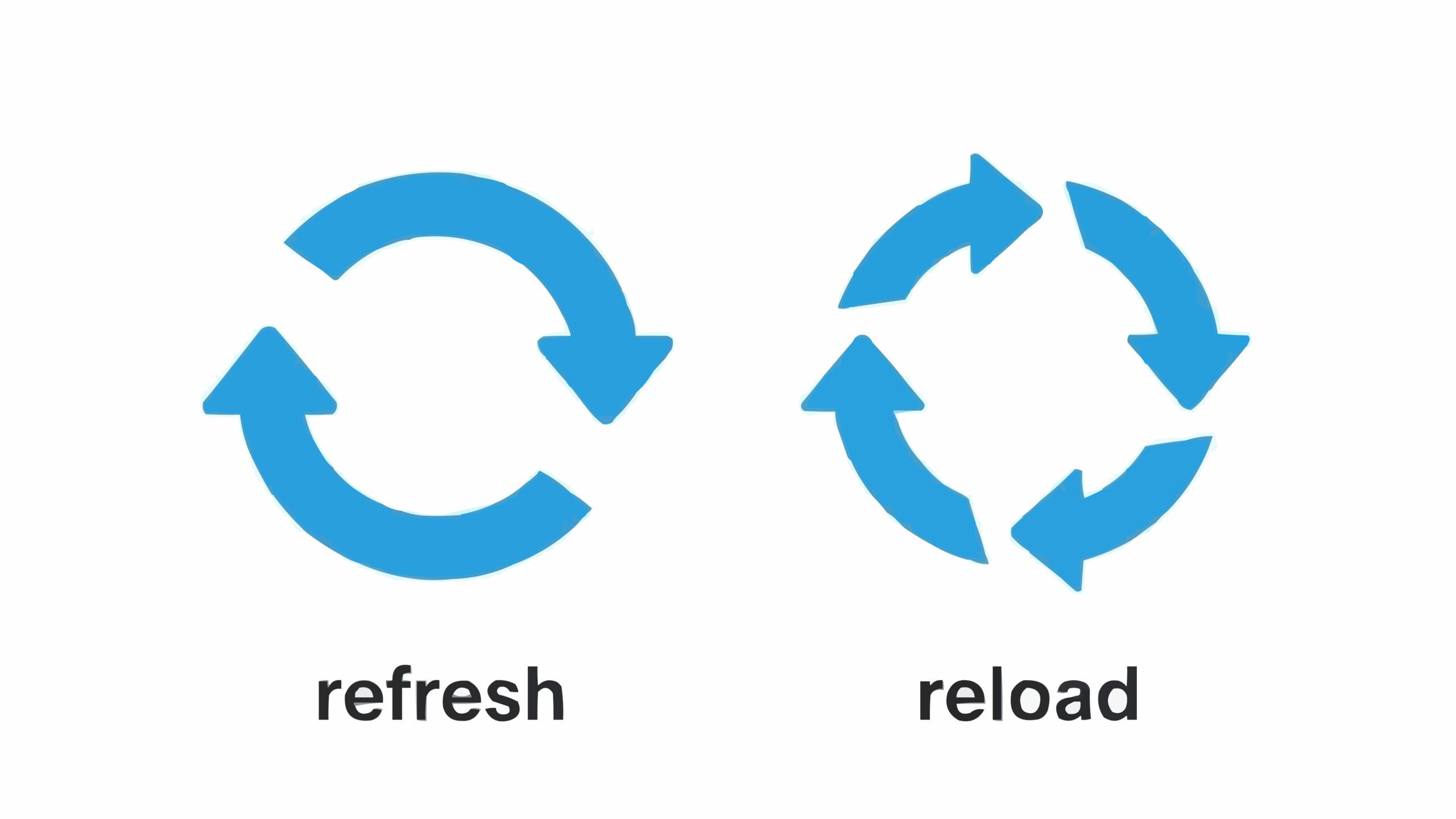What Search Engines Reveal About You Without a Single Click

Before you even type a word, search engines already start collecting information about you.
Your IP address, device type, and location are logged instantly.
Whether you use Google, Microsoft Bing, Brave Search, or any private search engine, that quiet moment before a query still says a lot about who you are.
This hidden data collection helps personalize search results and improve search functionality, but it also builds a detailed profile of your habits and preferences.
What Search Engines Capture Instantly
Just loading a search results page sends data to your preferred search engine. That information includes:
- IP address and location – used to tailor relevant results and local ads
- Device and browser details – your desktop search or mobile browser setup, fonts, and plugins
- Cookies and trackers – linking your search history and browsing history across sessions
- Voice search or visual search inputs – collected by AI-powered systems to refine results
Even private mode or a private search doesn’t entirely block these signals. Each query adds another piece to your profile.
Your IP Address and Location
Every web search reveals where you are. Your Internet Service Provider assigns an IP address, which search engines log to generate local results.
Google Search, for example, uses this to recommend local communities, nearby stores, or trending news.
Mobile browsers combine this data with Wi-Fi and cell towers to track users more precisely than desktop searches.
Over time, these patterns create an invisible map of your habits. Even alternative search engines like DuckDuckGo and Startpage rely on geolocation to deliver relevant results, though they promise enhanced privacy by not storing personal logs.
Privacy groups such as the Electronic Frontier Foundation (EFF) warn that without strong data protection, location-based personalization can turn into surveillance.
Device and Browser Fingerprinting
Unlike Google Chrome, which at least discloses some tracking policies, most search engines identify users by fingerprinting their devices.
This method collects small technical details—such as screen resolution, fonts, operating system, and plugins—to create a unique ID.
Research from the EFF and Princeton University found that fingerprinting works on more than 99% of browsers, even when cookies are blocked.
It’s how dominant search engines maintain attribution accuracy and measure a site’s performance for ad revenue optimization.
While AI-powered search improves speed and relevant answers, the same systems often rely on these fingerprints to predict what users want before they even click.
How Passive Data Tracking Works
Search algorithms don’t wait for you to act. They use passive tracking to understand behavior across multiple sources:
- Clickstream data reveals how users move between web results.
- Referrer headers show what site you visited before a search results page.
- Timestamps track how long you spend reading high-quality content or academic papers.
Pew Research found that 70% of U.S. adults are tracked this way. Even private search engines like DuckDuckGo (often asked “is DuckDuckGo owned by Google?”—it’s not) still rely on aggregated, anonymous data to refine search experience quality.
Cookies and Third-Party Trackers
Cookies remain central to how popular search engines track users. They connect your browsing history, search terms, and personal information across sessions to fuel targeted ads.
Most dominant search engines, including Google and Bing, embed third-party trackers in search engine results and ads. Even hovering over a link can trigger data sharing with ad networks or metasearch engines that pull from multiple sources.
According to the EFF, more than 80% of top sites use tracking scripts. Tools like uBlock Origin and Privacy Badger can limit some tracking, but not all.
What Search Engines Infer About You
From a few technical clues, search engines infer:
- Demographics: age range, income level, region
- Interests: recurring topics in your search history
- Behavior: when you search, how often, and on which device
Data from Semrush, Ahrefs, and SparkToro shows that these insights shape search rankings and relevant results across both AI-powered and traditional web crawlers.
For example, frequent Google searches for “work from home jobs” or “budget flights” indicate lifestyle trends, which feed directly into targeted advertising systems.
Geographic and Mobility Patterns
Your search history also exposes movement. Search engines combine IP addresses, GPS data, and query timing to map your daily routes.
In the U.S., this data helps advertisers rank higher for local audiences. In the EU, GDPR and the Digital Markets Act require explicit consent for such tracking.
An independent index or UK-based search engine like Mojeek or Ecosia (which even claims to plant trees) markets itself as a private search alternative. But even these can’t altogether avoid IP-based personalization.
Behavioral Patterns Over Time
Every search engine results page you open becomes part of your digital memory. Algorithms track:
- When you search
- How long do you stay on results
- What type of content earns your attention
This long-term profiling is how search engines work to predict your needs.
A Pew study found that personalized search results can raise engagement by 30%, but they also create a filter bubble that limits exposure to new ideas.
The more a dominant search engine learns, the more it tailors your world.
Why This Matters for Privacy
All these hidden processes form a permanent digital fingerprint. Combined with browsing history, search terms, and AI-powered summaries, it’s enough to reconstruct identity.
Regulations like GDPR aim to balance personalization with user privacy, but enforcement remains inconsistent. Even alternative search engines that claim to use enhanced privacy methods still rely on anonymous tracking to improve search algorithm accuracy.
Search engines work best when they understand intent—but that insight always comes from your data.
Profiling, Data Breaches, and Ad Targeting
Once collected, your data rarely disappears.
A 2023 IBM report estimated the average breach cost at $4.45 million. And since search history and search results can include personal details, they’re prime targets for exploitation.
Profiling also drives the business model behind ad revenue. Search engines use your behavior to deliver relevant results, predict interests, and keep you on the first page of content longer.
This cycle fuels the success of the most popular search engines while eroding transparency.
How to Limit Passive Tracking
You can’t fully escape tracking, but you can reduce exposure:
Use a VPN – it hides your IP address and encrypts your traffic.
Providers like NordVPN, ProtonVPN, and Mullvad comply with strict data protection rules and support tracker blocking.
Adjust browser settings:
- Block third-party cookies in Google Chrome
- Turn on strict privacy mode in Firefox
- Enable cross-site protection on Safari
Try alternative search engines:
- Brave Search uses its own index for independent results
- DuckDuckGo emphasizes private mode and minimal tracking
- Qwant and Ecosia cater to European and Korean markets, offering enhanced privacy and fewer occasional bugs than mainstream engines.
These tools won’t erase your footprint, but they will make it harder for search engines to connect your identity to every web search.
What Privacy Laws Say
Privacy laws vary widely across markets.
In Europe, the GDPR and Digital Markets Act enforce consent-based tracking and punish misuse of personal data. In South Korea, new data protection rules also restrict how dominant search engines collect information across apps.
The United States lacks a single federal law. The FTC oversees consumer privacy, while states like California rely on the CCPA.
Google and Microsoft Bing have pledged greater transparency through features such as auto-delete, private browsing, and clearer ad disclosures. Yet even the most popular search engines depend on data collection to generate revenue and improve their algorithms.
Studies from Pew and Semrush show that when users understand how search engines work, trust and engagement increase. Awareness is now part of search engine optimization itself—helping creators rank higher by addressing user privacy directly.
The Takeaway
Every web search tells a story.
From Google search results to Yandex search results, from private search engines to metasearch engines, each system learns a bit more about who you are.
You can’t stop data collection entirely, but you can control what’s shared and how.
Using alternative search engines, VPNs, and privacy extensions creates a safer search experience—one that prioritizes awareness over automation.
Even silence on the search results page leaves a trace.
And that’s what search engines reveal about you—without a single click.


